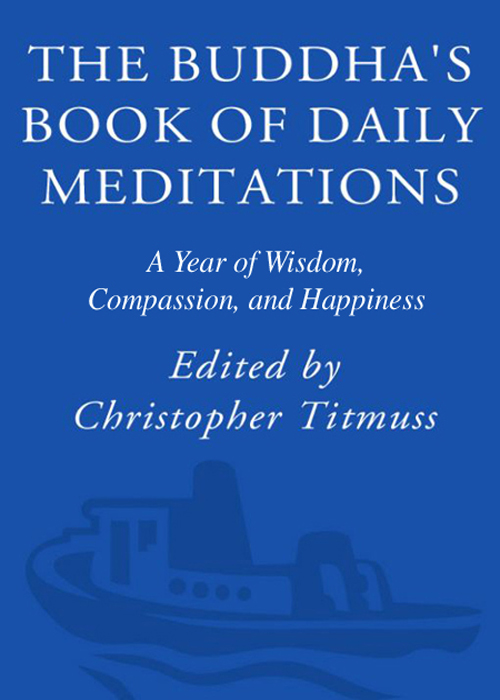
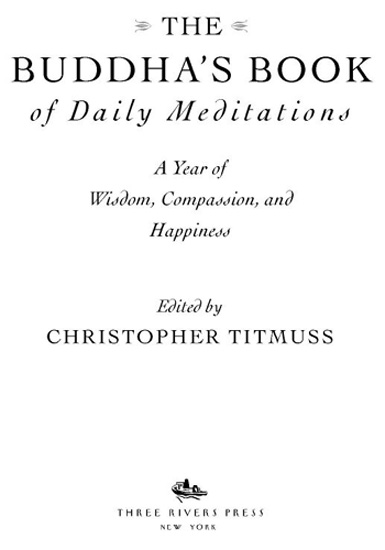
Table of Contents
A NOTE TO THE READER

I wish to express my immense gratitude to the tradition of Buddhist monk-scholars of Sri Lanka who have worked tirelessly for years to make the discourses (suttas) of the Buddha available to the English-speaking world. This book would not be possible without their noble work. Such monks, past and present, as Bhikkhu Nanatiloka, Bhikkhu Nanamoli, Bhikkhu Nanaponika, Bhikkhu Narada Thera, Bhikkhu Bodhi and the Buddhist Publication Society of Kandy, Sri Lanka, have contributed significantly to our understanding of the Dharma.
I have selected the most authoritative translations of the suttas available in the English language. I have remained very respectful to these eminent translators. I have made only modest changes, including editing the length of some sentences or making some deletions where there is repetition. It is commonly agreed that some words translated from the Pali are difficult to communicate in English in a single word. At times, English does not have the subtlety of concepts used in Pali to describe this vast field of experience. The Buddha encouraged use of contemporary language and occasionally I have done exactly that.
I have used the more common Sanskrit spelling of Dharma rather than the Pali spelling of Dhamma. At times I have made changes where appropriate. These include:
 lust or sense desire to pursuit of pleasure, desire for sensual satisfaction
lust or sense desire to pursuit of pleasure, desire for sensual satisfaction
 renunciation to giving up, letting go
renunciation to giving up, letting go
 deliverance to freedom
deliverance to freedom
 concentration to meditative concentration
concentration to meditative concentration
 being to becoming
being to becoming
 holy life to spiritual life
holy life to spiritual life
 disciples to students
disciples to students
 dependent origination to dependent arising
dependent origination to dependent arising
 right view to right understanding
right view to right understanding
 Brahmins to priests
Brahmins to priests
 Voidness to Emptiness
Voidness to Emptiness
 Tathagata to One Thus Gone (beyond all wanting and clinging; name for a fully liberated one)
Tathagata to One Thus Gone (beyond all wanting and clinging; name for a fully liberated one)
I believe such slight changes will help readers to understand the heart of the Buddhas teachings. His words serve as a foundation for one of the worlds great religions and, more importantly, he shows humanity the way to end suffering. Readers may regard some of the Buddhas insights as obscure and difficult to comprehend. This will not be the case for everybody, and those who have explored the depths of inner experience, particularly through meditation, will understand them easily. It would water down the teachings to leave out these passages.
It is important to remember that this is a book of meditations. It is not intended as a light read. You may need to read, reflect and meditate upon some extracts from the discourses several times to get a sense of what the Buddha is pointing out. At times, the Buddha observed Noble Silence to communicate profound teachings. The meditation for April 22 consists of a blank page to indicate the inability of words to express the inexpressible.
I wish to express deepest gratitude to Wisdom Publications, the Buddhist publishers of Boston, USA, who kindly gave permission to use quotes from the Middle Length Discourses, Longer Discourses and the Connected Discourses of the Buddha. Some 60 per cent of the quotes in this book come from these three volumes.
Wisdom Publications engaged in an enormous financial undertaking to publish these three books which amount in total to some 4,000 pages of texts. They showed an extraordinary generosity of spirit to give another major publishing house permission to use some 200 quotes from three of the main texts in their catalogue. It reflects their determination to make the precise teachings of the Buddha available to as many people as possible.
Finally, I would like to thank the Pali Text Society of Oxford, England, founded in 1881, whose staff and translators have made available these sacred texts.
This book of daily meditations serves as an introduction to the full discourses. I can only encourage readers of The Buddhas Book of DailyMeditations to take the next step and to purchase the comprehensive teachings of the Buddha found in the Middle Length Discourses, Longer Discourses and Connected Discourses of the Buddha. I regard these books as the three jewels of all Buddhist texts. I have written about the heart of the Buddhas teachings, such as the Four Noble Truths and the Eightfold Path, in my previous book Light on Enlightenment.
I hope The Buddhas Book of Daily Meditations will inspire you to explore further his teachings of awareness, the heart, meditation and an enlightened wisdom.
May all beings live with clarity.
May all beings understand the nature of things.
May all beings be enlightened.
A SHORT BIOGRAPHY OF THE BUDDHA

In the year 560 BC, Siddhartha Gautama entered this world when he was born to Queen Mahamaya under a tree in a public park in Lumbini, north India. His father, King Suddhodana, the ruler of the Sakyan kingdom, gave him the name Siddhartha which means Wish Fulfilled. Queen Mahamaya died seven days after the birth and Siddhartha was brought up by her sister.
At that time, Hindu society was firmly divided into castes, or social groups. The four main castes were the Brahmins, who held the religious power throughout the country; the Kshatriyas, who were both the ruling class and military class; the Vaishyas, consisting of the business community, and finally the Sudras, or workers. Not long after the birth of Siddhartha, Kondanna, a Brahmin, made a prediction that Siddhartha would either become a great ruler or renounce his responsibilities within the ruling class and pursue enlightenment.
By all accounts, Siddhartha led a very sheltered life. The royal family protected him from any kind of real exposure to suffering and anguish. He was always kept at a distance from such suffering so that the royal household could ensure he sustained a privileged and aloof view of society. On a trip into the countryside with Channa, his charioteer, Siddhartha saw a very old man with no teeth, sunken cheeks, dry skin, wrinkles, bleary eyes and bent back.
Next page

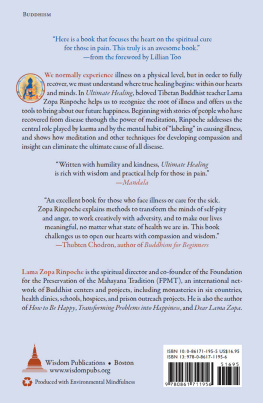
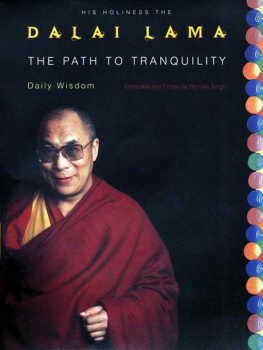
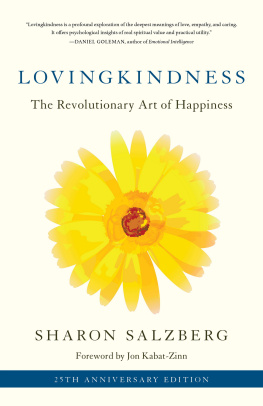
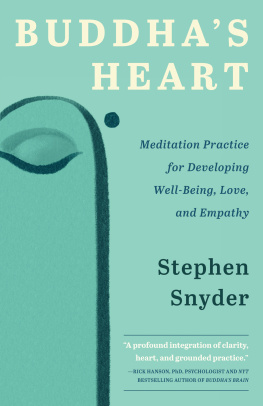
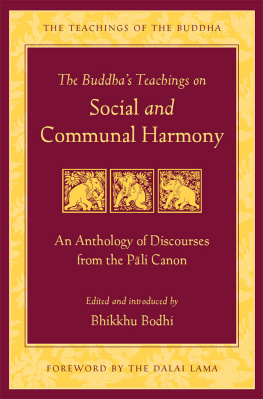
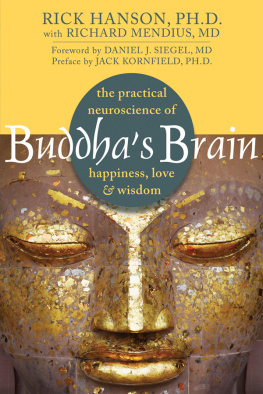



 lust or sense desire to pursuit of pleasure, desire for sensual satisfaction
lust or sense desire to pursuit of pleasure, desire for sensual satisfaction